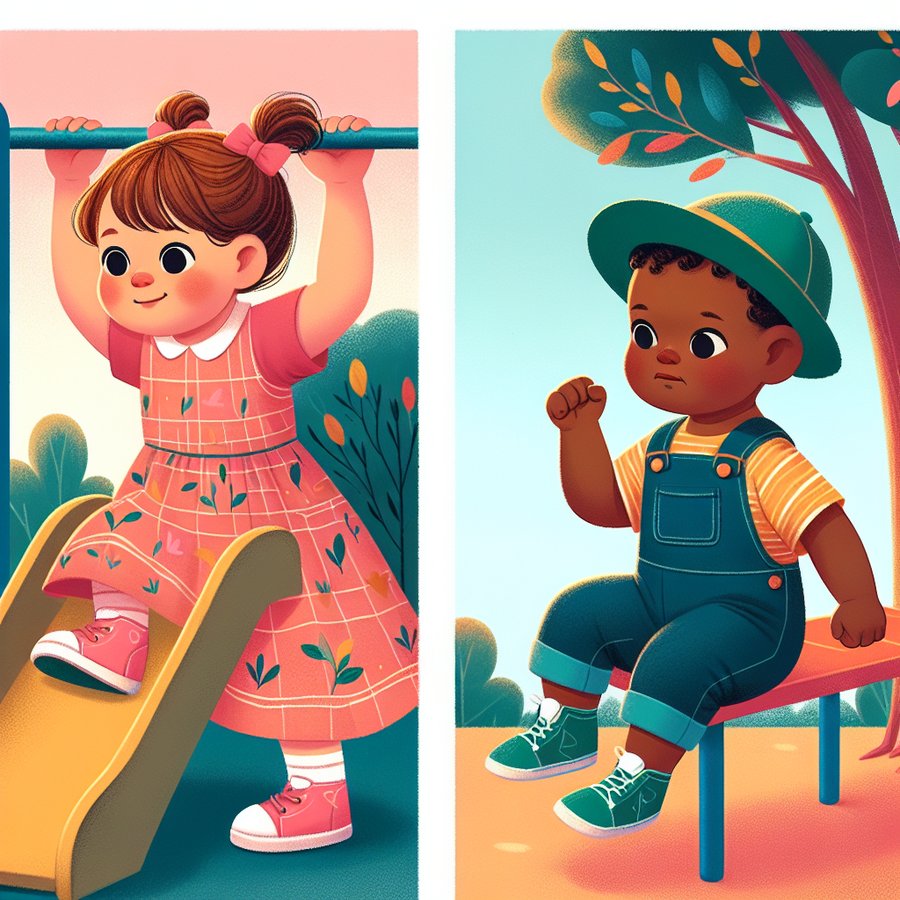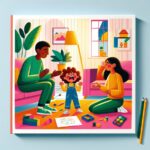Understanding and navigating toddler emotional self-regulation can often feel like deciphering an intricate puzzle without a clear solution. As parents, we witness firsthand the whirlwind of emotions our little ones experience, from joy and excitement to frustration and sadness, all within a short span of time. Toddlerhood is a critical period for emotional development, and mastering the art of self-regulation is a cornerstone of this journey. But what exactly is emotional self-regulation, and how can we, as parents and caregivers, support our toddlers in this vital aspect of their growth? Let’s dive deep into the heart of toddler emotional self-regulation, sharing personal anecdotes and expert strategies to enrich our understanding and approach.
What is Toddler Emotional Self-Regulation?
Toddler emotional self-regulation refers to the ability of young children to manage and respond to their emotional experiences in socially acceptable and developmentally appropriate ways. It involves recognizing emotions, understanding their causes, and learning effective strategies for expressing and coping with them. The journey towards emotional self-regulation is complex and unfolds gradually as toddlers grow and gain more experience with their emotions.
Reflecting on my own experiences as a parent, I remember the first time my child threw a tantrum in the middle of the grocery store. It was a defining moment that highlighted the importance of emotional self-regulation. The embarrassment, coupled with the urgent need to calm my child, was overwhelming. However, it also served as a powerful reminder of the significance of equipping our toddlers with the tools they need to navigate their emotions effectively.
Why is Toddler Emotional Self-Regulation Important?
Emotional self-regulation is foundational for a toddler’s social, emotional, and cognitive development. It lays the groundwork for healthy relationships, academic success, and overall well-being. Toddlers who can regulate their emotions are better equipped to handle the frustrations and challenges that come with growing up. They’re more likely to develop empathy, form strong friendships, and excel in learning environments.
Moreover, emotional self-regulation skills can have long-lasting effects on a child’s life. Research has shown that children who master these skills early on are less likely to experience behavioral problems, mental health issues, and difficulties in school. As someone who has navigated the ups and downs of parenting, I’ve seen firsthand how fostering emotional regulation can transform challenging behaviors into opportunities for growth and learning.
How Can We Support Toddler Emotional Self-Regulation?
Supporting our toddlers in developing emotional self-regulation involves a combination of modeling healthy emotional behaviors, creating a supportive environment, and teaching coping strategies. Here are some actionable tips and strategies that I’ve found beneficial:
1. Recognize and validate your toddler’s emotions. Let them know it’s okay to feel what they’re feeling and that you’re there to help them through it. This validation is crucial for building emotional awareness and empathy.
2. Model healthy emotional regulation yourself. Our toddlers are keen observers and often mimic our behaviors. By demonstrating positive ways to handle our emotions, we can teach them by example.
3. Establish routines and provide a sense of security. Predictable routines help toddlers feel safe and secure, reducing the likelihood of emotional outbursts.
4. Encourage the use of words to express emotions. Teaching toddlers to articulate their feelings can significantly aid in their emotional regulation. Simple phrases like ‘I feel sad’ or ‘I’m angry’ can make a big difference.
5. Introduce coping strategies. Techniques such as deep breathing, counting to ten, or using a comfort object can help toddlers manage their emotions more effectively.
Integrating these strategies into our daily interactions with our toddlers can pave the way for their emotional self-regulation. It’s also beneficial to explore resources that can further enhance our understanding and approach. For instance, supporting emotional development in the first year, encouraging self-feeding skills in infants, and activities to boost fine motor skills in a 9-month-old are excellent resources to complement our journey in fostering toddler emotional self-regulation.
In conclusion, toddler emotional self-regulation is a multifaceted and vital aspect of early childhood development. As parents and caregivers, our role is to guide, support, and nurture our toddlers through this journey. By understanding the importance of emotional self-regulation and implementing practical strategies, we can help our children navigate their emotions effectively, laying the foundation for a healthier, happier future. Remember, the path to emotional self-regulation is a journey, not a destination, and every step taken is a step towards growth and understanding.













